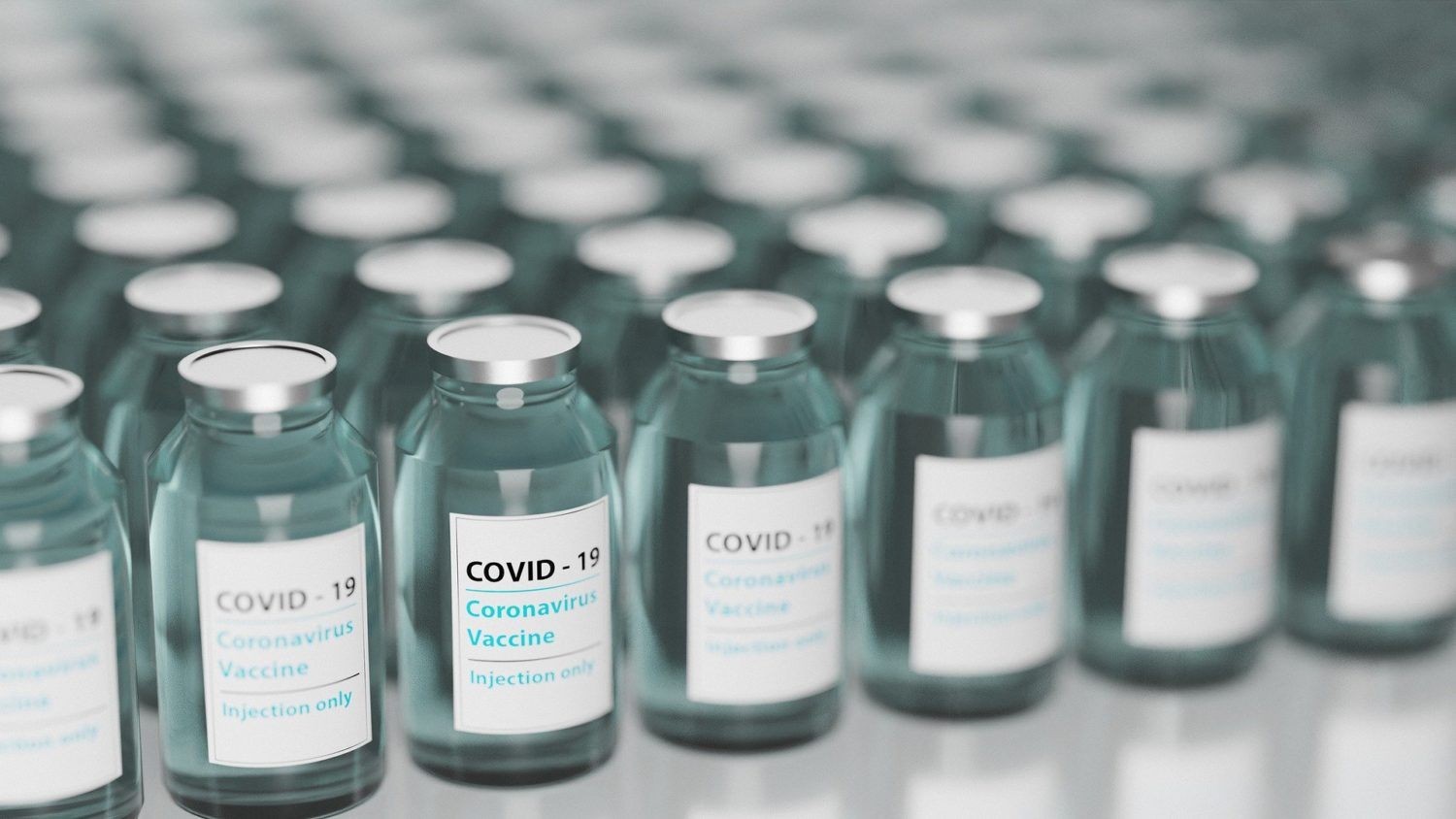
What You Should Know:
According to a recent Updox survey, 87% of Americans say they want to receive information from their healthcare provider on COVID-19 vaccine-related news/updates, with their healthcare providers cited as the most trusted source on the topic (34%) — behind health protection agencies (32%), government entities (9%), and the biotechnology companies developing the vaccines (4%).
When it comes to means of communication with their healthcare provider, consumers’ preferred method for receiving COVID-19 vaccine news and updates is by email (46%), followed by phone call (34%) and text message (33%).
Majority of Americans say they want to receive COVID-19 vaccine-related news/updates from their healthcare providers, according to a recent result of a study by Updox. The survey designed to better understand the public’s view on the COVID-19 vaccine was conducted online by The Harris Poll on behalf of Updox among 2,057 U.S. adults aged 18+.
Updox finds that 87% of Americans say they want to receive information from their healthcare provider on COVID-19 vaccine related news/updates, with their healthcare providers cited as the most trusted source on the topic (34%) — behind health protection agencies (32%), government entities (9%), and the biotechnology companies developing the vaccines (4%). When it comes to means of communication with their healthcare provider, consumers’ preferred method for receiving COVID-19 vaccine news and updates is by email (46%), followed by phone call (34%) and text message (33%).
The survey key findings underscore the strong need for more frequent communications between healthcare providers and patients and demonstrates the critical role technology plays in ensuring an effective vaccine rollout, with information such as vaccine education, eligibility, and scheduling.
Additional key findings of the survey include:
– Americans ages 55-64 are more likely than those ages 18-34 and 65+ to say they would like to ask questions or receive communications from their healthcare provider regarding vaccine-related news and updates via their patient portal (34% vs. 17% and 24%)
– 28% of Americans would like to hear from their pharmacist about COVID-19 vaccine-related news and updates weekly or more often
– Males are more likely than females (44% vs. 33%) to say they would like to receive vaccine-related news and updates from their healthcare provider weekly or more often
Why It Matters
“As millions of Americans await their turn to receive the critical COVID-19 vaccine, the entire healthcare industry is working diligently to ensure effective communications between providers and patients surrounding distribution, while simultaneously facilitating safe, efficient delivery of immunizations,” said Michael Morgan, president, Updox. “But these efforts must be taken a step further. Nearly 2 in 5 Americans would like to hear from their healthcare provider weekly or more often about the vaccine, demonstrating that even if providers are not the ones physically distributing the vaccine, patients rely on them for insights and information. Physicians play a role more vital than ever before as trusted resources for their patients in today’s healthcare environment. Consistent communications both inside and out of the office is key.”
